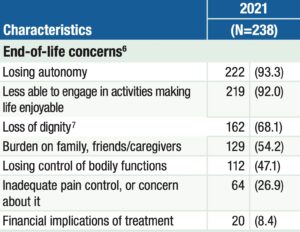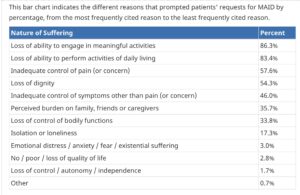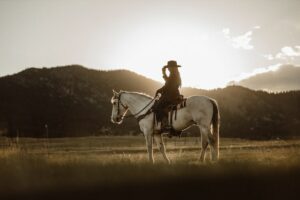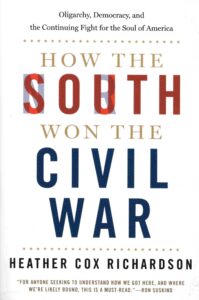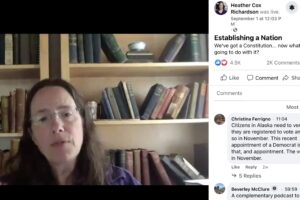“I’ve learned that people will forget what you said, people will forget what you did, but people will never forget how you made them feel.” —Maya Angelou
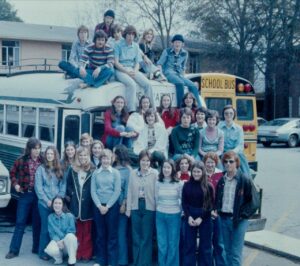
1975 – Vineville Baptist, Macon, GA, youth group on retreat at Toccoa, GA. Photo by Hank Dunn
My theory about what matters most in the ministry is based directly on Angelou’s quote: It wasn’t so much what I said or did during my 50 years in the ministry. It was more about that certain “something” that made the people I worked with feel a particular way.
I was a youth minister for the first five years after seminary. I loved the work and loved “my kids.” We keep in touch in a Facebook group. I asked the group about our ministry and the Angelou quote.
Interestingly, a few noted specific things I said or some teaching from the books we read. Okay, so maybe people DO remember the things you say. One fellow, who eventually became a teacher and hospice chaplain, commented, “I don’t see it as an either/or but a combination.”

1977 – High school student on a backpacking trip into the Shining Rock Wilderness, NC. Photo by Hank Dunn
Others confirmed my theory that how people felt was most important. Another one of my kids (who also went into the ministry and travels the world training substance abuse counselors) commented:
“Absolutely. Experiences of pleasure, pain, joy, and shame have the biggest impact on the wiring of our brains and, therefore, how our souls interpret and interact with the world. Hank, you created a safe space where we could experience the joy of God and His love for us in nature, community, and individually.”
Sitting alone in a dark cave
I would sometimes take the teenagers into the wilderness as a place of ministry. We rafted on the Chattooga River, where the movie Deliverance was shot. We backpacked all over the north Georgia and western North Carolina mountains. We paddled and camped for three days in the Okefenokee Swamp. And, my favorite, we explored caves.
Part of every caving experience always included time for silent introspection. I would separate the kids along a passageway, take their lights, and have them sit alone in the darkness for 30 minutes. Recently, a participant on one of those trips shared with me the journal he kept at the time. The now-retired pharmacist wrote in 1975:
“I was really nervous before entering the cave. I never really liked the idea from the start. But when all lights were put out, I felt one of the greatest feelings of inner peacefulness and calm.”
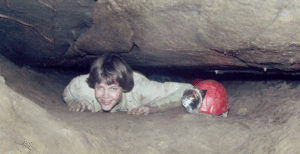
1977 – “The Squeeze” in Johnson Crook Cave, AL. Photo by Hank Dunn
Here’s part of a report I wrote about another caving trip with junior high kids, also in 1975:
“There was one girl who was very much afraid to sit alone. I sat her down at the end of the line, where I would be close to her. After approximately five minutes in the dark, she began crying and eventually called me. I went to her, comforted her, told her I was near, and asked her to continue to sit, think, and pray as she remained in her place. She calmed down and completed the half-hour in darkness. She later revealed that it was not so much that she was afraid of the darkness but afraid to face up some of the own things in her life.”
“…people will never forget how you made them feel.”
A deathbed and the gift of presence
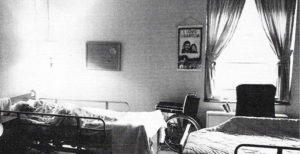
1990 – Fairfax Nursing Center. Photo by Hank Dunn
Fast forward 25 years, when I was a hospice chaplain. I was called to the home of a woman dying of cancer. I had made several attempts to schedule a time to see her and her family, but they were always busy and put off letting me in. Now, she was in her last hours. It was time to let the chaplain in.
When I arrived, a family friend sat with me in the living room and explained what was happening. We then went into the bedroom where the woman lay dying. Her husband sat beside her, and a nurse was not far away. I said very few words. There was little to say. I asked the husband if I could offer a prayer. He said, “Please do.” I finished my prayer, and he asked, “Can we say the Lord’s Prayer?” “Of course,” I replied, and we all prayed.
I left the bedside, and the friend followed me to the living room. I stopped to say goodbye, and this woman threw her arms around me, hugged my neck, and said, “You are so wonderful. That is just what we needed.” My first thought was, “Boy, is this job easy.” Anyone who could recite the Lord’s Prayer could have done what I did in that room. But then, I was so grateful to be invited into this moment in this family’s life.
I think Maya Angelou and I are on to something. People always remember how you made them feel.
________________________
Chaplain Hank Dunn is the author of Hard Choices for Loving People: CPR, Feeding Tubes, Palliative Care, Comfort Measures and the Patient with a Serious Illness and Light in the Shadows. Together, they have sold over 4 million copies. You can purchase his books at hankdunn.com or on Amazon.


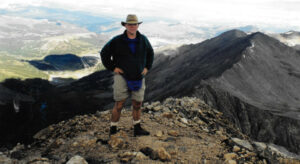


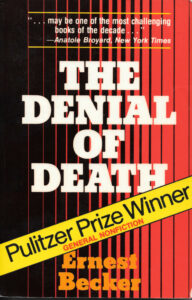 Two months after he died, Ernest Becker won the 1974 Pulitzer Prize for General Nonfiction for his book The Denial of Death. I guess, since he was dead, he was not a winner, but his book was.
Two months after he died, Ernest Becker won the 1974 Pulitzer Prize for General Nonfiction for his book The Denial of Death. I guess, since he was dead, he was not a winner, but his book was.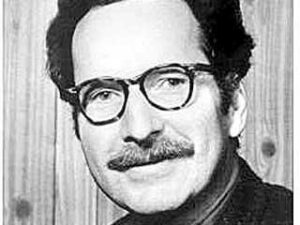 I’ll get to Becker’s deathbed below but first a few quotes from his classic. Note that Becker wrote in 1973 just as we were becoming aware that we no longer refer to all humans as “man.” I know better now but I will let his original words stand.
I’ll get to Becker’s deathbed below but first a few quotes from his classic. Note that Becker wrote in 1973 just as we were becoming aware that we no longer refer to all humans as “man.” I know better now but I will let his original words stand.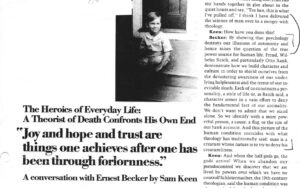 Soon after The Denial of Death arrived in late 1973, Sam Keen, one of the editors at the prestigious Psychology Today magazine, called Becker’s home hoping to set up an interview. Keen explained how the deathbed interview came about: “I called his home in Vancouver to see if he would be willing to tape a conversation. His wife Marie informed me that he had just been taken to the hospital and was in the terminal stage of cancer. The next day she called to say that Ernest would very much like to do the conversation if I could get there while he still had strength and clarity. So I went to Vancouver with speed and trembling, knowing that the only thing more presumptuous than intruding into the private world of the dying would be to refuse the invitation.”
Soon after The Denial of Death arrived in late 1973, Sam Keen, one of the editors at the prestigious Psychology Today magazine, called Becker’s home hoping to set up an interview. Keen explained how the deathbed interview came about: “I called his home in Vancouver to see if he would be willing to tape a conversation. His wife Marie informed me that he had just been taken to the hospital and was in the terminal stage of cancer. The next day she called to say that Ernest would very much like to do the conversation if I could get there while he still had strength and clarity. So I went to Vancouver with speed and trembling, knowing that the only thing more presumptuous than intruding into the private world of the dying would be to refuse the invitation.”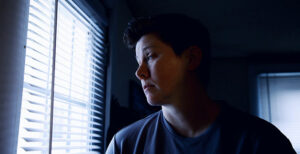 When I first walked into the home, I sat alone with the wife in the living room. She was very comfortable talking about her husband’s impending death. I asked her, “What is all this about not wearing our pins or talking about death? Does your husband know he is dying?” She said, “Oh, yes, he knows he is dying.” I asked, “How do you know he knows?” She responded, “Because he asked me.” I asked how she responded to him and she had told him, “Not while I’m around.”
When I first walked into the home, I sat alone with the wife in the living room. She was very comfortable talking about her husband’s impending death. I asked her, “What is all this about not wearing our pins or talking about death? Does your husband know he is dying?” She said, “Oh, yes, he knows he is dying.” I asked, “How do you know he knows?” She responded, “Because he asked me.” I asked how she responded to him and she had told him, “Not while I’m around.”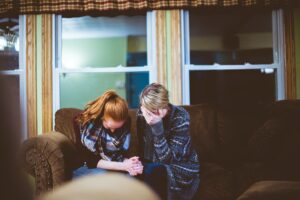
 Can we know what God wants? I was drawn to this story reading the pleas for people of faith to pray for a miracle when one could read between the lines and understand that this man was dying.
Can we know what God wants? I was drawn to this story reading the pleas for people of faith to pray for a miracle when one could read between the lines and understand that this man was dying. The family saw this as a sign of God’s intervention. The skeptic might say, “God did not decide the patient should not die during that code. Human intervention went against what seemed to be God’s plan.”
The family saw this as a sign of God’s intervention. The skeptic might say, “God did not decide the patient should not die during that code. Human intervention went against what seemed to be God’s plan.”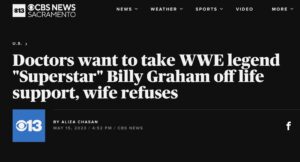 May 7th, Update! “The doctors are continuing to try and prepare me for the worst. And I continue to explain to them that [we] are people of faith and that our God has the final say. I am not in denial about what’s happening to him or blind to what the medical reports say…. I just know that the God I serve is greater than any infection and more powerful than any organ failure.”
May 7th, Update! “The doctors are continuing to try and prepare me for the worst. And I continue to explain to them that [we] are people of faith and that our God has the final say. I am not in denial about what’s happening to him or blind to what the medical reports say…. I just know that the God I serve is greater than any infection and more powerful than any organ failure.”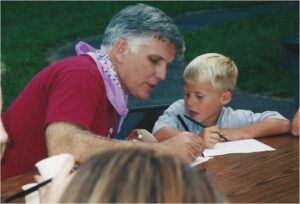
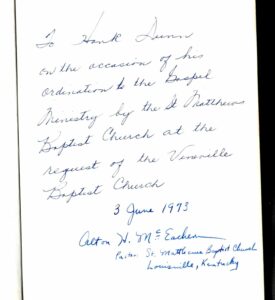
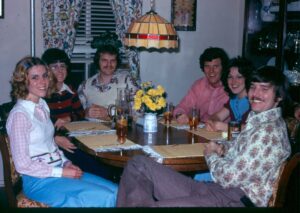
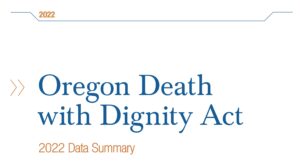 As I have done for the last 25 years, I quickly opened the most recent annual
As I have done for the last 25 years, I quickly opened the most recent annual 
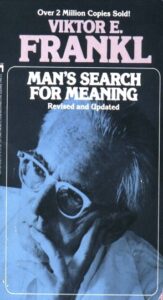 “If there is a meaning in life at all, then there must be a meaning in suffering. Suffering is an ineradicable part of life, even as fate and death. Without suffering and death human life cannot be complete.… Suffering ceases to be suffering at the moment it finds a meaning, such as the meaning of a sacrifice.” Viktor E. Frankl (1905-1997) Holocaust survivor and author of Man’s Search for Meaning
“If there is a meaning in life at all, then there must be a meaning in suffering. Suffering is an ineradicable part of life, even as fate and death. Without suffering and death human life cannot be complete.… Suffering ceases to be suffering at the moment it finds a meaning, such as the meaning of a sacrifice.” Viktor E. Frankl (1905-1997) Holocaust survivor and author of Man’s Search for Meaning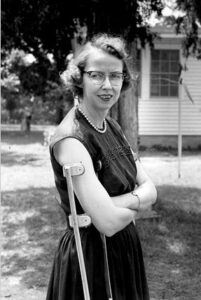
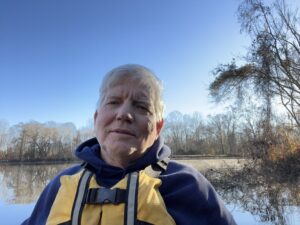

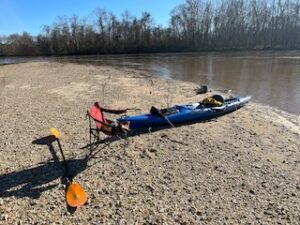

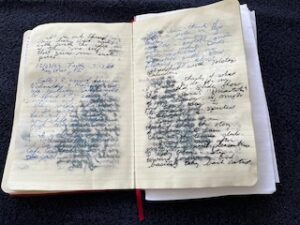
 For a situation in which you have no control: “No problem, there is nothing you can do about it.” For a situation in which you CAN do something about it: “No problem, take steps to figure it out.”
For a situation in which you have no control: “No problem, there is nothing you can do about it.” For a situation in which you CAN do something about it: “No problem, take steps to figure it out.” “There is a difference between a happy life and in living a meaningful life.… Living a meaningful life has to do with being a giver.… If you want to find meaning in your life you have to begin reaching out.… Happiness and unhappiness does not predict suicide but living a life without meaning does.”
“There is a difference between a happy life and in living a meaningful life.… Living a meaningful life has to do with being a giver.… If you want to find meaning in your life you have to begin reaching out.… Happiness and unhappiness does not predict suicide but living a life without meaning does.”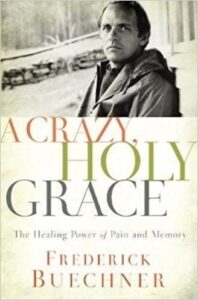 “Believing in him is not the same as believing things about him such as that he was born of a virgin and raised Lazarus from the dead. Instead, it is a matter of giving our hearts to him, of come hell or high water putting our money on him, the way a child believes in a mother or a father, the way a mother or a father believes in a child.”
“Believing in him is not the same as believing things about him such as that he was born of a virgin and raised Lazarus from the dead. Instead, it is a matter of giving our hearts to him, of come hell or high water putting our money on him, the way a child believes in a mother or a father, the way a mother or a father believes in a child.”